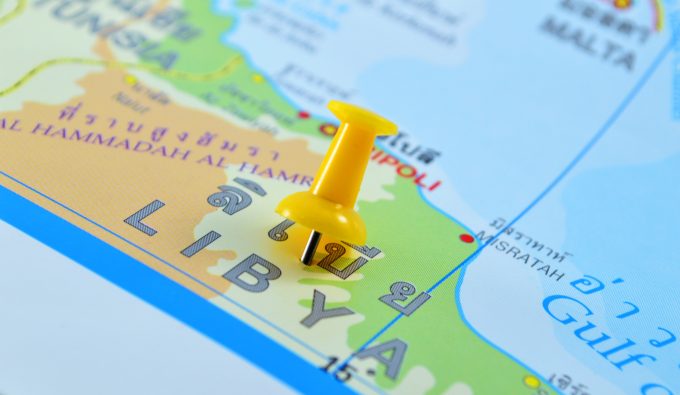MSC box ship suffers severe damage, berthing in Turkey
Another day, another broken ship. This time it’s MSC Tina, a 19,000+ teu vessel, which ...

There are growing concerns over the risk to international shipping in the southern Mediterranean, following recent confrontations between Libyan maritime authorities and foreign vessels.
Last month, the Libyan Navy fired on a vessel operated by medical charity Médecins Sans Frontières (MSF), the Bourbon Argos, marking the first time Libyan authorities have fired directly on a rescue vessel since the conflict there began in 2011.
Naval personnel eventually boarded the vessel, which was in international waters, 24 nautical miles off the Libyan coast.
A similar ...
'Disastrous' DSV-Schenker merger would 'disrupt European haulage market'
New senior management for DSV as it readies for DB Schenker takeover
Volumes set to 'fall off a cliff' as US firms hit the brakes on sourcing and bookings
Asian exporters scramble for ships and boxes to beat 90-day tariff pause
Amazon pushes into LTL for small package fulfilment and UPS does a u-turn
Temporary tariff relief brings on early transpacific peak season
Pre-tariff rush of goods from US to China sees air rates soar, but not for long
'Tariff madness' will prompt renegotiation of ocean shipping contracts

Comment on this article